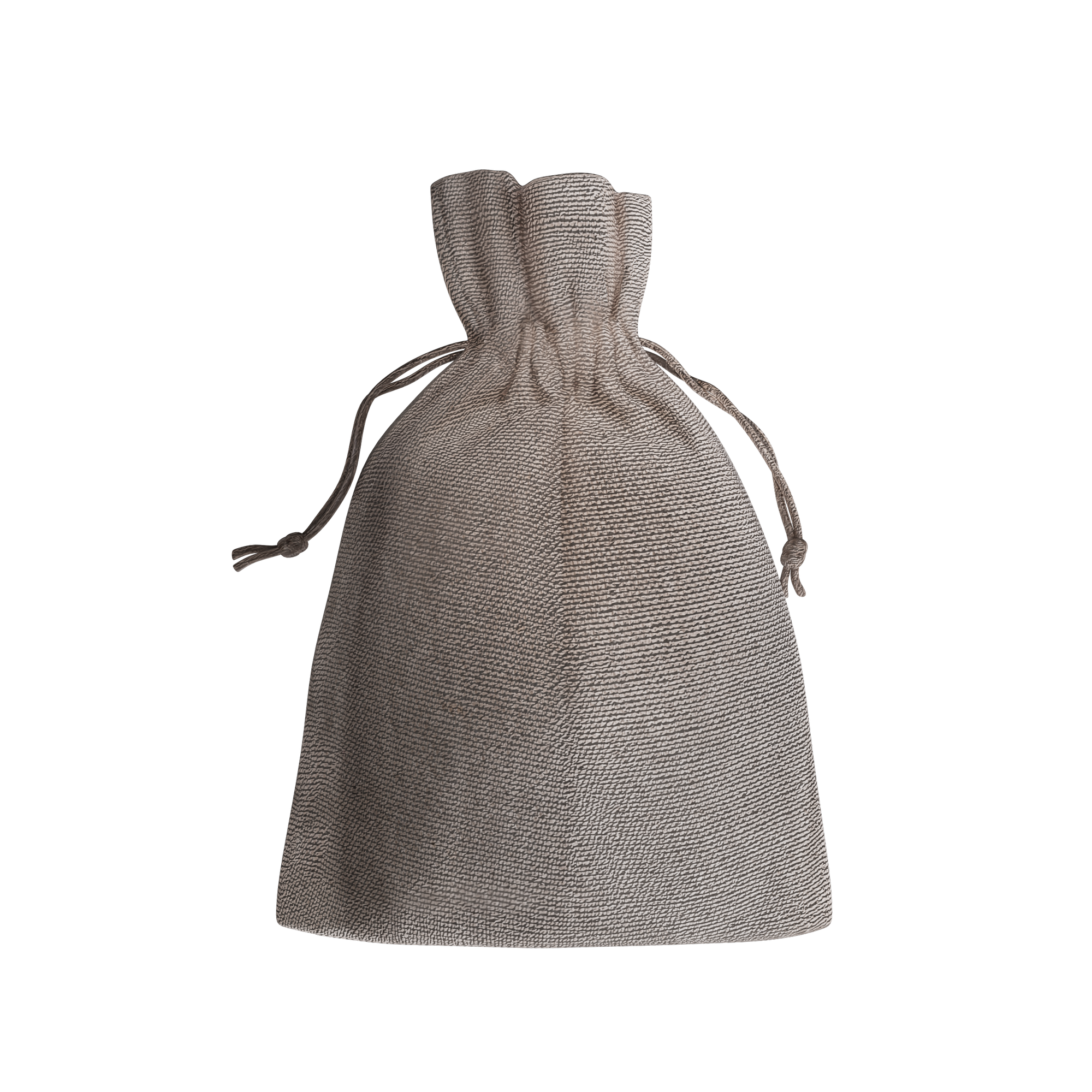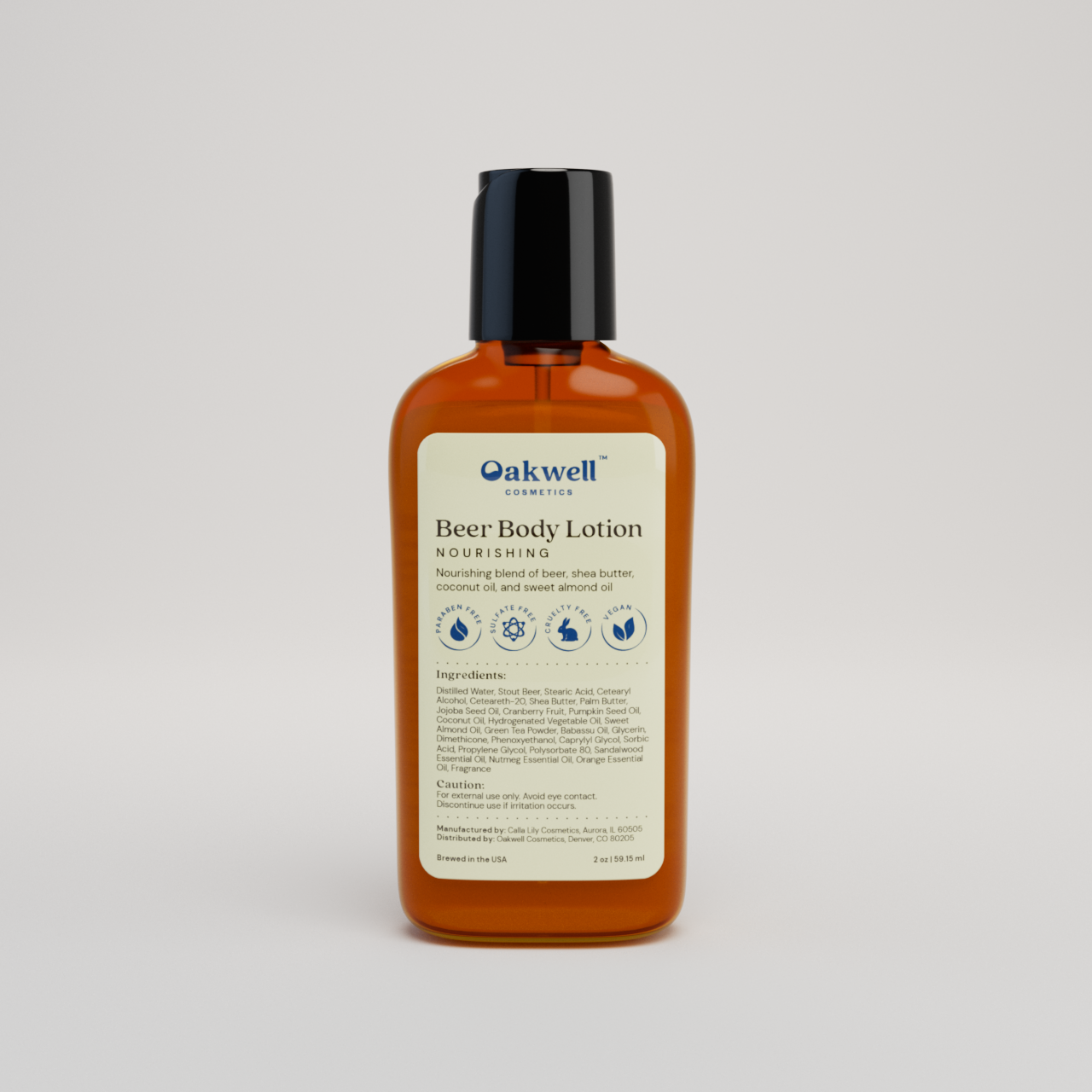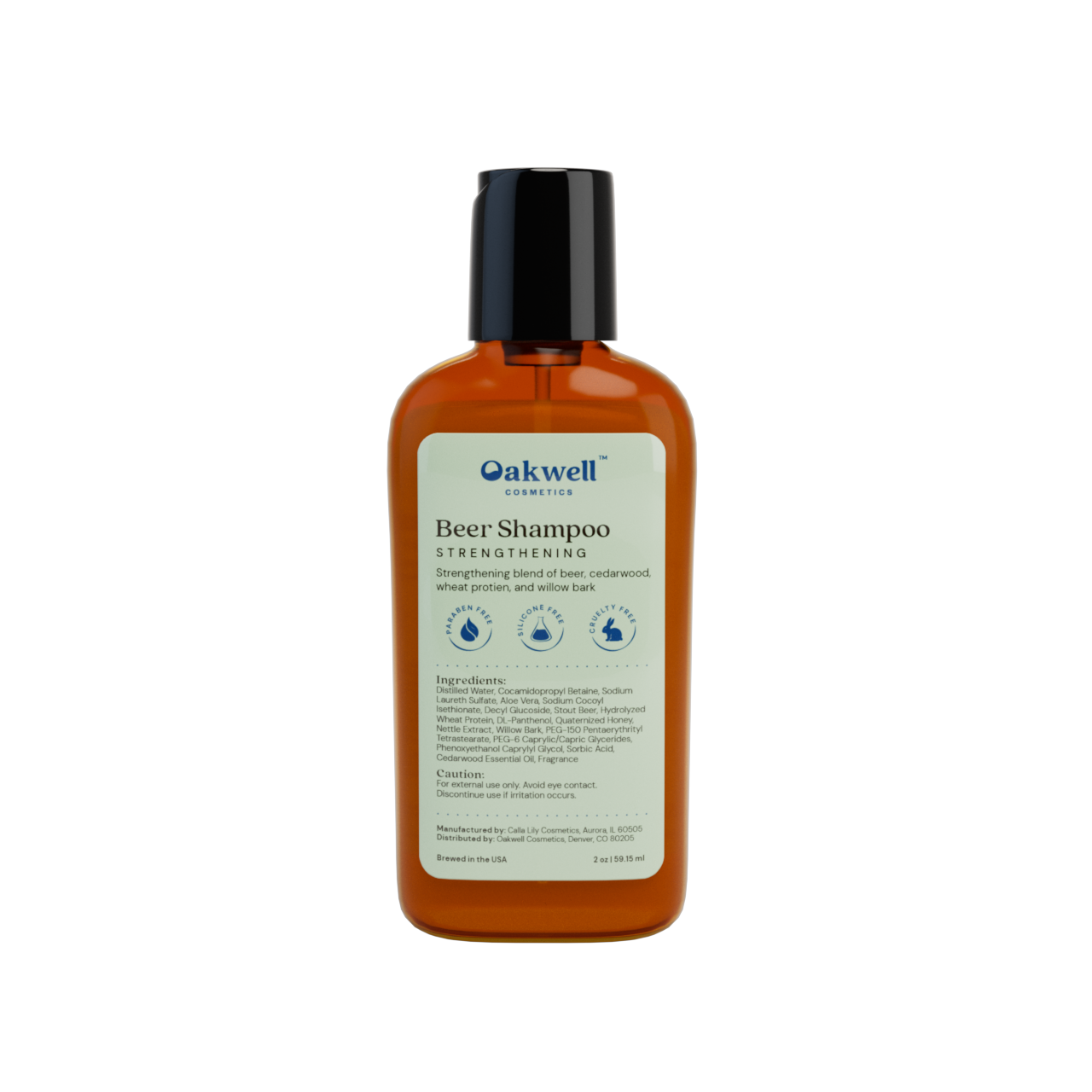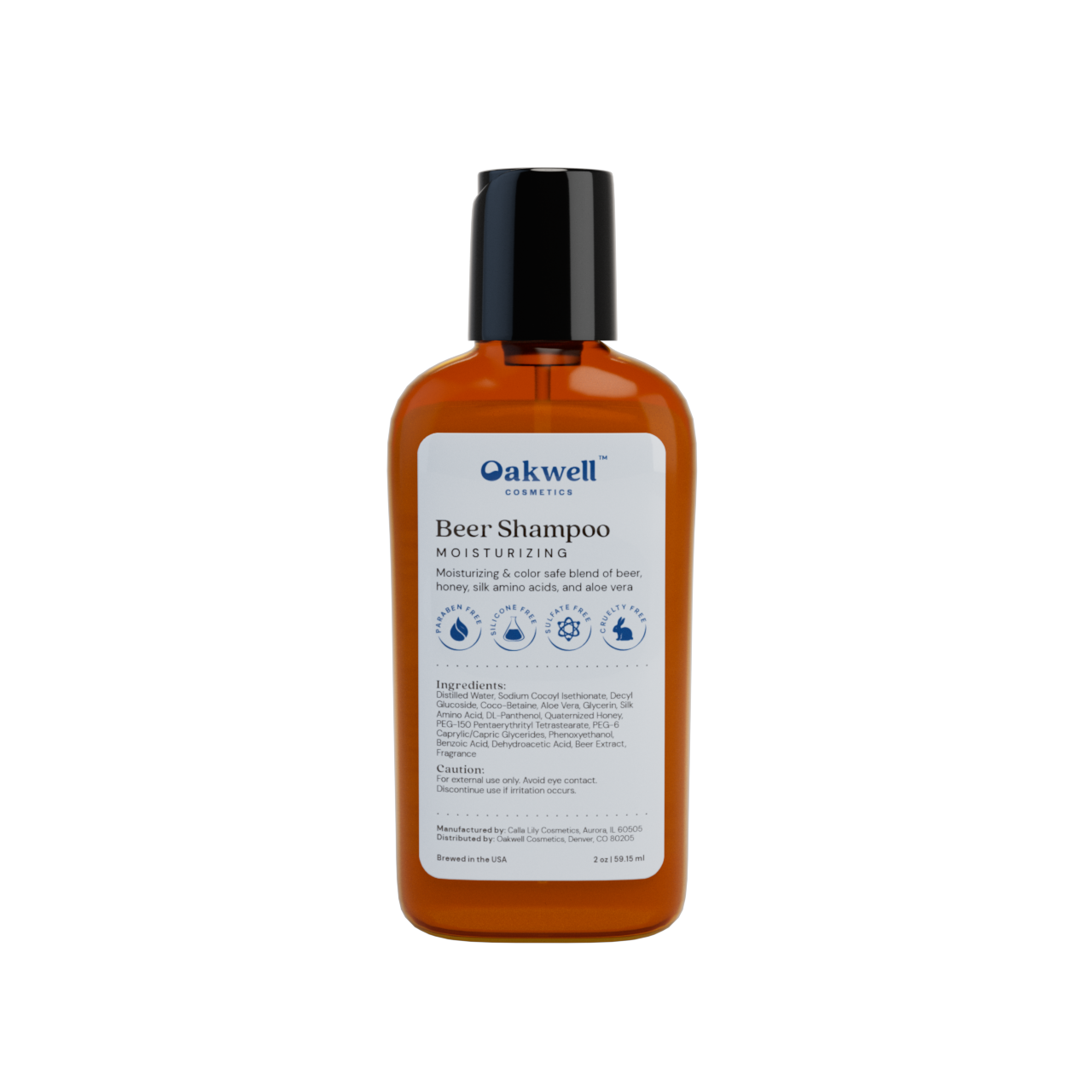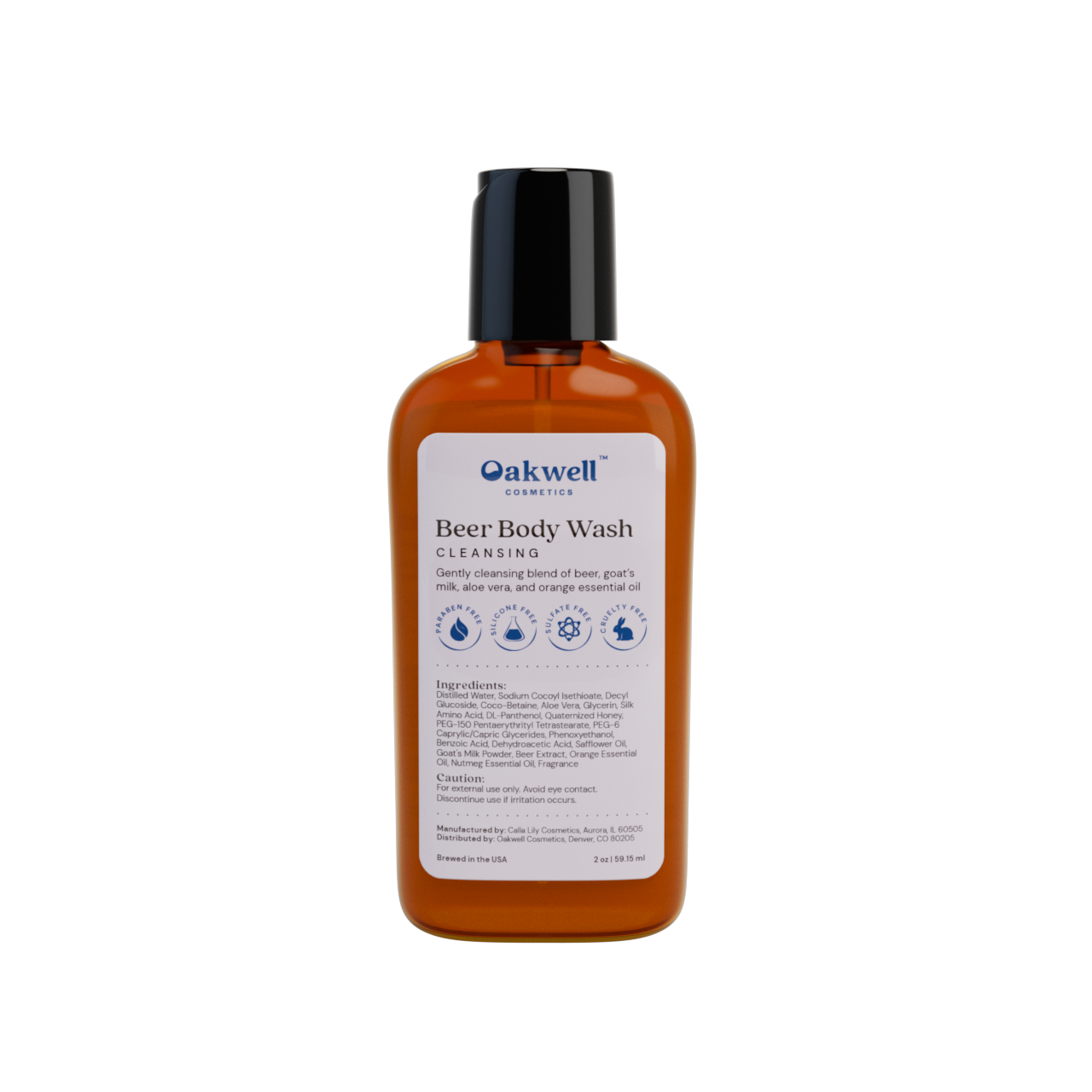How to Manage Oily Skin in Winter: Tips From a Dermatologist

We often correlate cold weather with dry skin, but that’s not always the case. In fact, dryness can actually lead to an overproduction of oil, causing oily skin. Below, we’ll discuss how you can manage oily skin in winter with tips from a dermatologist.
Even though the air is drier, many people notice their skin becoming oily during winter, says Dr. Hannah Kopelman, Dermatologist at Kopelman Hair Restoration and DermOnDemand. This can lead to a shiny complexion, uneven skin tone, and acne. Fortunately, the right skincare routine and ingredients can help.
Why does skin get oily in the winter?
Skin becomes oily during winter because the combination of cold air outside and indoor heating can strip moisture from your skin, leading to overproduction of oil, explains Dr. Kopelman.
Sebum, the oily substance that keeps our skin hydrated and soft, comes from the sebaceous glands. When the sebaceous glands try to produce oil to fix dry skin, they often overcompensate, which causes the skin to feel and look oily.
How to Manage Oily Skin in Winter
While oily skin can be difficult to manage, Dr. Kopelman confirms that there are ways to address it for a more balanced hydration.
To care for oily skin during winter, use gentle products, implement a skincare routine, avoid too much washing, and don’t over-exfoliate. If nothing seems to help, you can consult a dermatologist for personalized advice.
Use gentle products
"Many people think strong products can help reduce oily skin, but it's best to use gentle products with minimal ingredients," explains Dr. Kopelman. "Products with chemicals and other harsh ingredients can strip your skin's natural oil. Your skin may then produce excess oil to replace that."
Gentle products that are good for oily skin are usually labeled paraben and sulfate-free. They also contain oily skin-friendly ingredients, including salicylic acid, niacinamide, and hyaluronic acid.
Implement a skincare routine
A skincare routine can help you maintain your skin’s health. The best part? It doesn’t have to be complicated. The simpler your routine, the easier it is to implement.
Dr. Kopelman recommends the following skincare routine for oily skin in winter:
1. Wash your face - Wet your face with lukewarm water, then carefully apply a gentle, sulfate-free cleanser and rinse
2. Toner - Use a toner with salicylic acid or witch hazel to help manage oil while avoiding over-drying your skin
3. Lightweight Moisturizer (for face) - A gel-based or oil-free moisturizer is ideal, as it keeps your skin hydrated without adding shine
4. Lightweight Lotion (for body) - A gentle lotion, like Oakwell Cosmetics Nourishing Beer Body Lotion, hydrates and softens your skin without feeling heavy or oily
5. Sunscreen: A mineral-based sunscreen feels lighter and less greasy while protecting your skin, even in winter
This routine works in the morning. At night, you can repeat steps 1-4.

Avoid too much washing
Washing your face is important when trying to manage oily skin during winter. However, Dr. Kopelman says that overwashing can cause the skin to produce more oil because it thinks it’s dehydrated.
A good rule of thumb is to wash your body daily in the shower using a body wash or bar soap specifically for oily skin with ingredients that cleanse and hydrate your body without over-moisturizing it.
You can also wash your face twice daily—once in the morning and once in the evening. Dr. Kopelman also says it can be beneficial to double-cleanse your face in the evening to remove all makeup, pollutants, and excess oil. The best face wash for oily skin is a mild water-based cleanser or a gentle oil-based cleanser to remove makeup and other products.
Don’t over-exfoliate
Exfoliating your skin removes dead skin cells that might trap excess oil, but stick to exfoliating two or three times per week. Dr. Kopelman says over-exfoliating can damage the skin barrier and cause further issues, such as breakouts or inflammation.

Consult a dermatologist (if needed)
If you’re trying to manage oily skin in winter but not seeing the results you’re looking for, consult a dermatologist. As a skincare expert, a dermatologist can help determine the best treatments for your specific skin.
Oily Skin During Winter: Conclusion
We hope you found this article helpful and feel confident about implementing products and a winter skincare routine that works best for oily skin. While oily skin in winter isn’t uncommon, using gentle ingredients, washing your face and body daily, and exfoliating a few times per week should help balance oil production.


Become a part of our community and be the first to learn all there is to know about Oakwell



